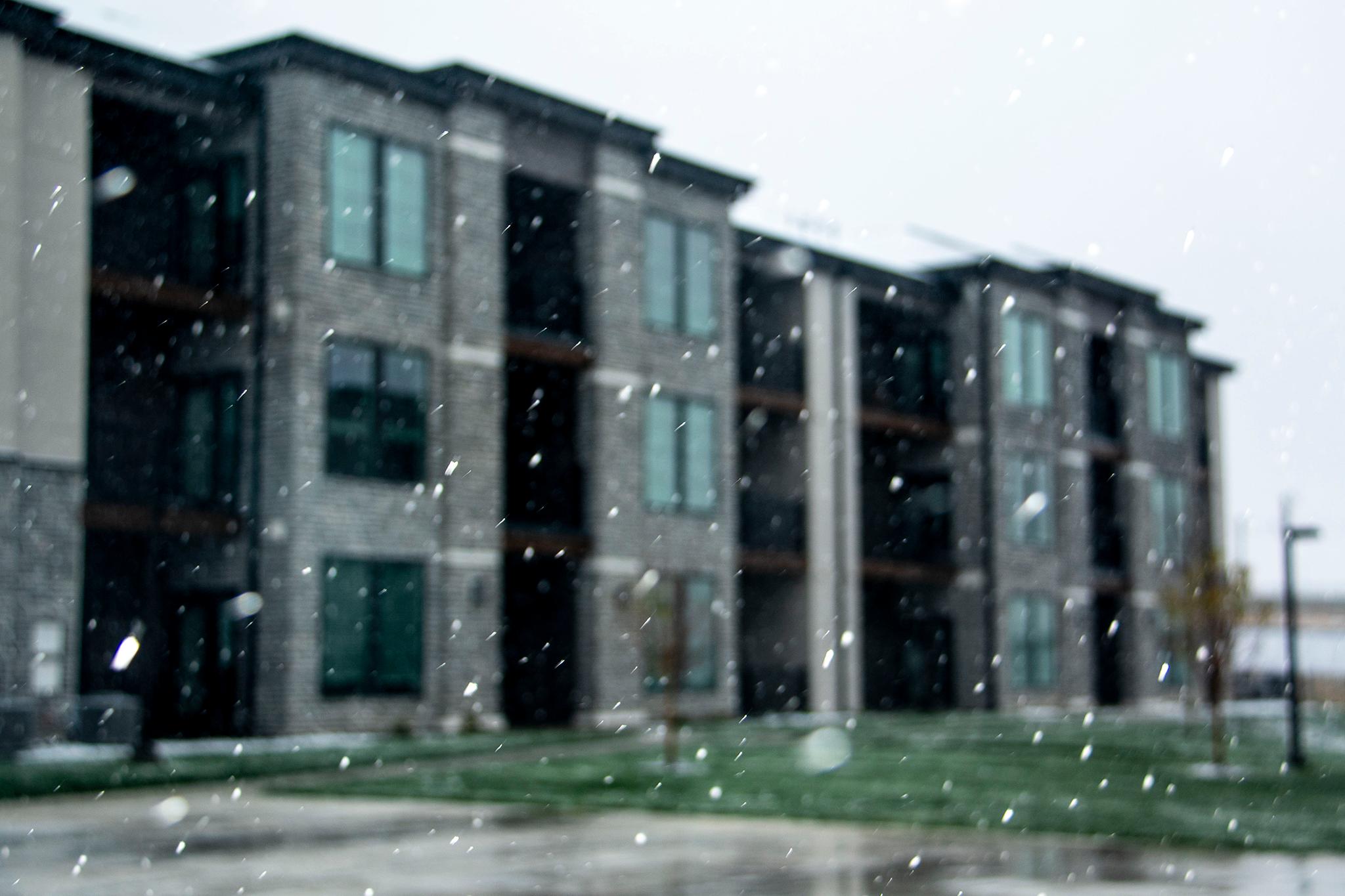Denver has roughly 25,000 multi-unit residential rental properties that had to be licensed by Jan. 1, 2023.
So far, just 1,955 of those units have been, according to the latest numbers from the city.
Now landlords who own multi-unit buildings and who haven't registered could pay for it in the months to come.
"Any unlicensed multi-unit residential rental property is subject to citations and fines in Denver now that the license is required by law," said Excise and Licenses spokesperson Eric Escudero.
There are lots of ways to get caught.
The city will contract with a vendor who will scrape the internet for rental ads. The company will compare those to the license database and send properties that appear out of compliance to Excise and Licenses investigators.
"When an unlicensed property is identified, in most cases the city will contact the landlord to inform them they need to get a license," Escudero said. "If the property owner refused, they will receive a $150 fine. If they will refuse the fines increase and will come with the highest fine at $999."
When tenants file complaints with the Department of Public Health and Environment and the properties aren't licensed, that will also trigger investigations. DDPEH receives thousands of complaints a year, Escudero said.
"The city will also investigate and issue citations and fines if we receive a complaint about an unlicensed residential rental property," Escudero said.
What's the point of the registry?
The landlord registry is designed to give the city more oversight into health and safety conditions in rental units. When landlords all comply, the city will have data on how many rental units exist in Denver -- something that has been a mystery.
"One of the benefits of this new license is the data it will provide the public and lawmakers about the rental housing stock in Denver," Escudero said.
Making policy without basic numbers is tough.
"For the first time ever, Denver will have a reliable count of how many rental properties there are in Denver based on licensing," Escudero added.
And landlords who are applying are also offering insights into how local rental stock works.
As of now, this is what he said Excise and Licenses has gleaned, Escudero wrote: "For example: 87 percent of the licensed properties have a smoke-free policy. 16 percent of all licensed residential rental properties pay all utilities, 17 percent pay electric, 29 percent pay natural gas, 58 percent pay water and 31 percent pay trash."
That data is not double checked, Escudero noted, and is based on whatever the landlords decide to disclose.
Each license lasts four years before it needs to be renewed. Add up the $150 to $200 for inspection, $50 for a license fee and $25 for a one-time application fee, and the total cost per month is around $5.
The point: Registering is cheaper than receiving fines.
"It will get expensive for a landlord to refuse to comply with the law," Escudero explained. "But issuing citations and fines is looked upon as a last resort for the city in our effort to achieve compliance to this law dedicated to achieving minimal housing standards in Denver for rental properties."













